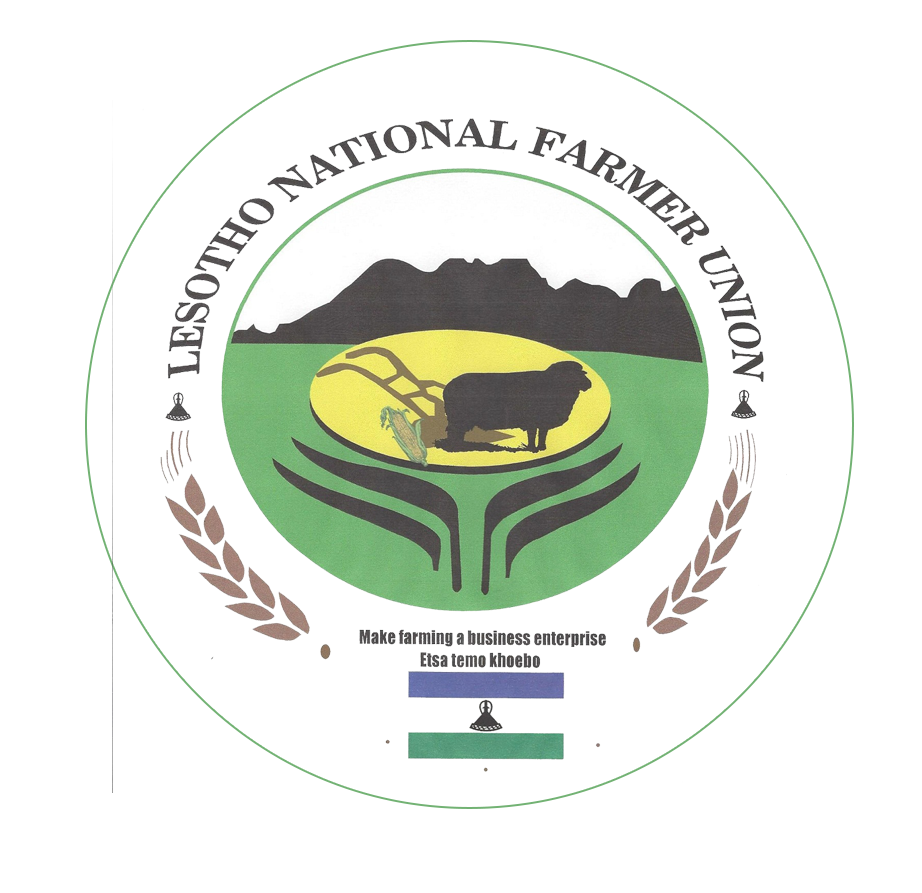Extensive livestock production
The extensive livestock population comprises cattle, sheep, goats, horses and donkeys. Extensive livestock production farming practice is largely found in the Foothills and Mountains of the country. Conservation of forage at present is a problem because farmers are reluctant to grow fodder to supplement the pastures. The problem is further compounded by the high prices of fodder and supplementary feed imported in to the country. Therefore, the management of Lesotho’s rangelands is imperative for supporting livestock development and the production of red meat, hides, wool and mohair.
Intensive livestock production
This farming practice comprise animal groups like dairy cows of which the common breeds are (Jerseys, Friesians and the Brown Swiss) poultry, piggery, fish and ducks as well as the Basotho pony. The dairy subsector in Lesotho has not developed as about 3 percent of the milk produced goes through the formal market. Poultry is the most common intensive or commercial livestock production enterprise done in Lesotho.
What we do as LENAFU to support livestock farmers
- – Train farmers on livestock value chain (animal husbandry and other essential subjects), farm management, record keeping and enterprising livestock farming.
- – Collect and disseminate market, pricing and other necessary farmer related information to affiliates;
- – Support affiliates to carry out farmers profiling and promotion for local and eventually national and regional markets;
- – Unionize unaffiliated farmers, incorporate and promote emerging farmers groups
- – Research on, expose farmers to and link them with different stakeholders and opportunities in value chain
- – Promote active participation of youth, women, people living with disabilities s and other vulnerable persons
- – Do research on farmers’ challenges and opportunities advocate for policy response to the most challenges faced by the farmers
- – Train members on evidence based advocacy and support localized action;
- – Take stock of and study policies that have bearing on agriculture and map necessary advocacy, implementation and monitoring action
- – Advocate for farmer-led policy response & implementation on farmers access to inputs, markets, finance and other enabling services.
- – Ensure sufficient farmer representation in the determination of agricultural sector policy
